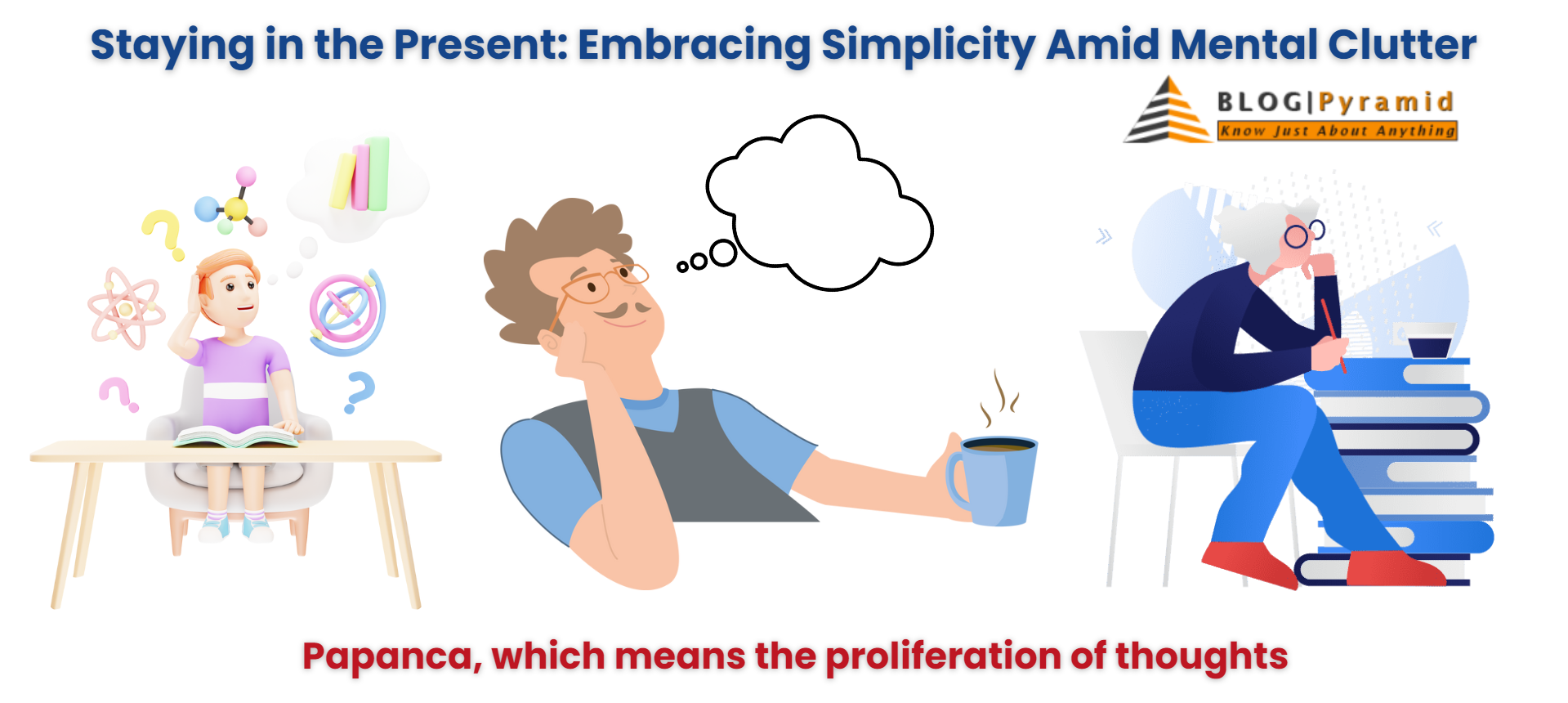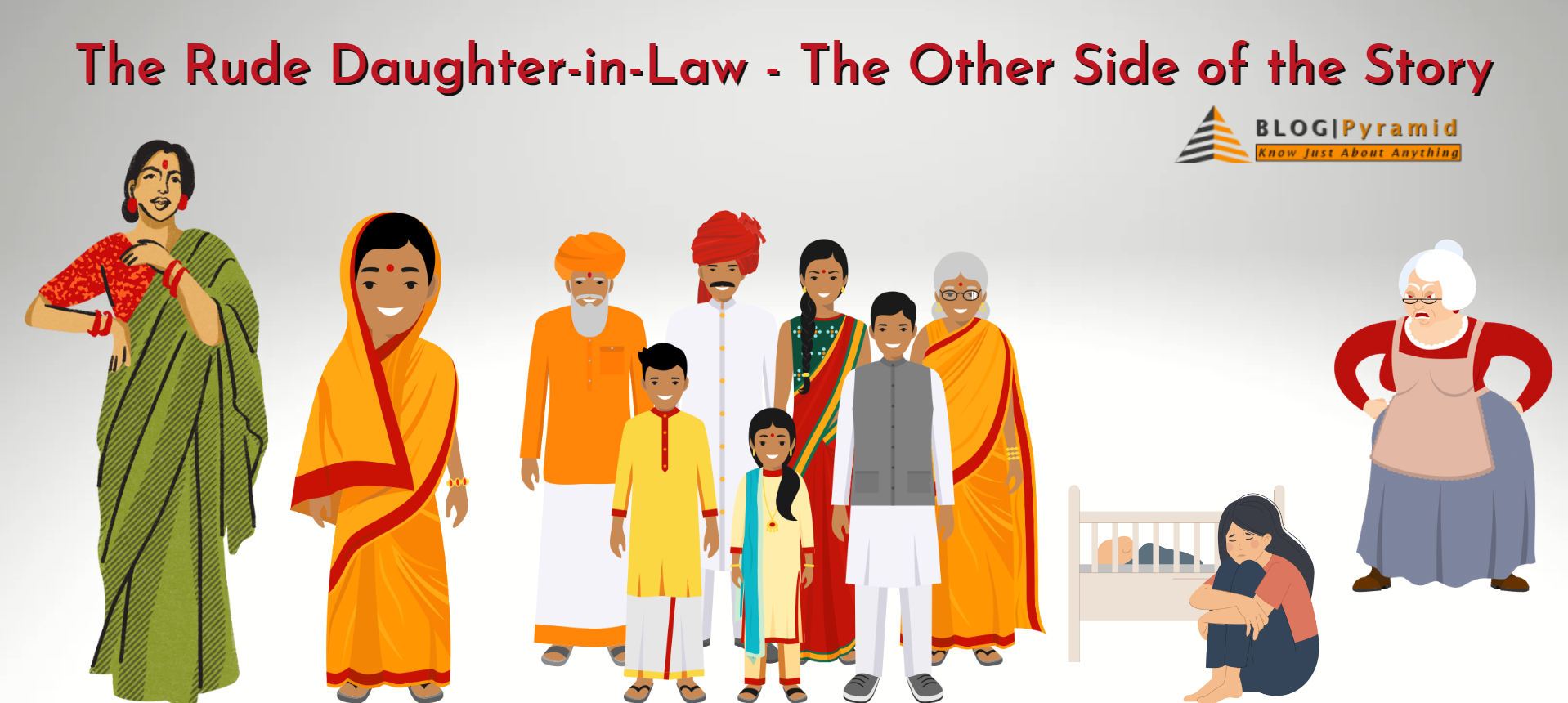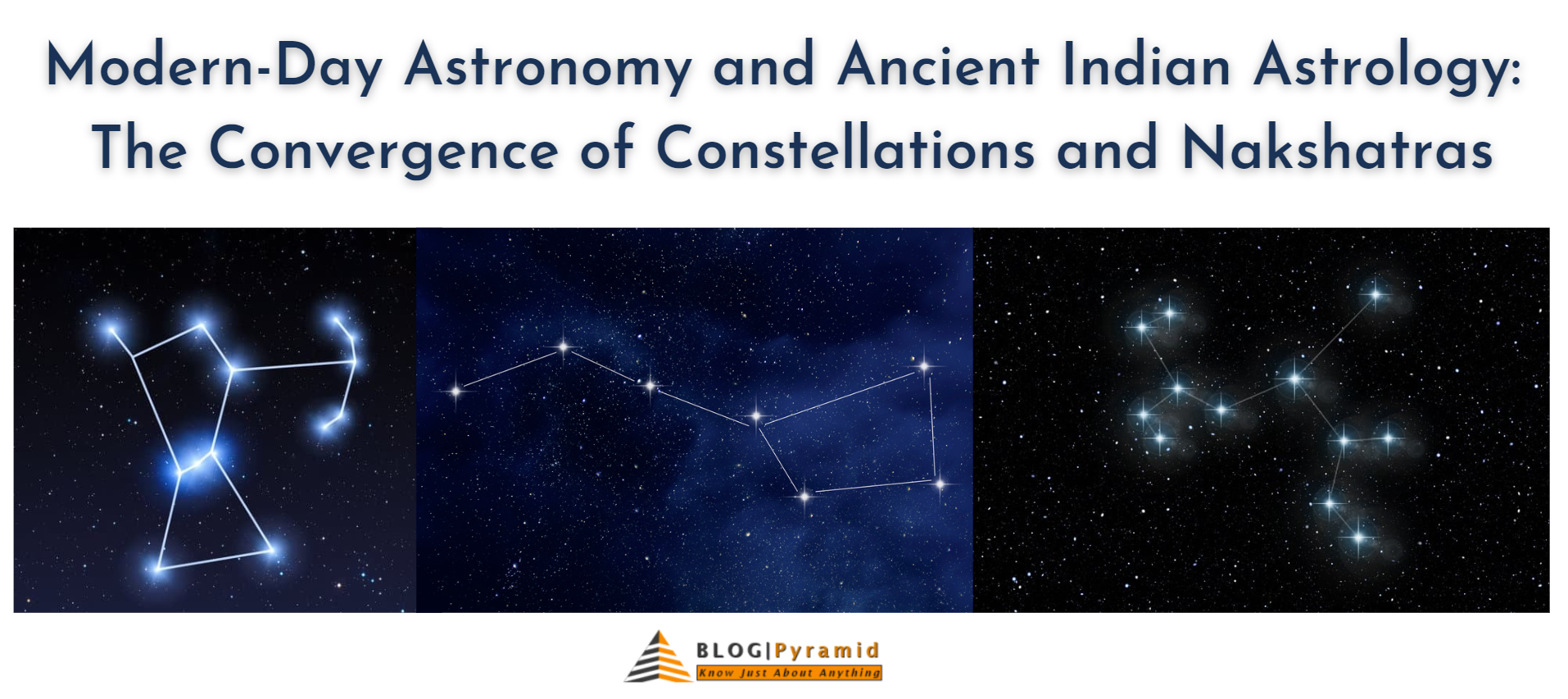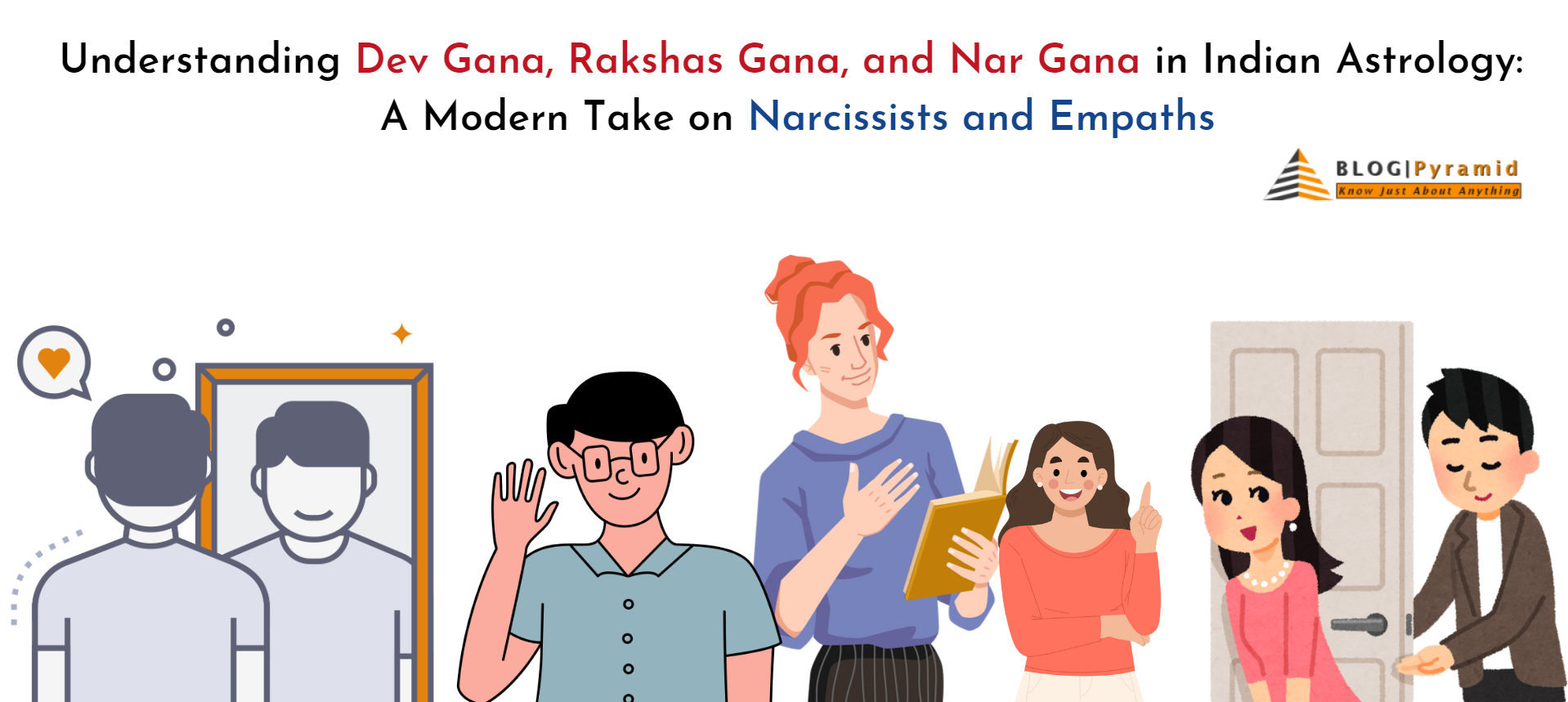
Happy ending will be collectively “realized by the coming of the Messiah”
Can Religion Save Us?
Tradition, Transcendence, and Ultimate Reality
An interview with Huston Smith
by Jessica Roemischer
WIE: So, will the “happy ending” or final salvation that the traditions prophesy actually manifest? And, if so, do you believe that will eventuate—as the traditions predict, through divine intervention—in the “second coming”?
HS: For my part, I do say unequivocally that one of the strengths of the great religions is that they promise a happy ending that burgeons after horrendous problems are faced and overcome. But here’s the decisive thing that our culture is not ready to hear: they want to see the second coming as changing human history, the course of human history on this planet, which we may annihilate like a supernova.
Now, there are phrases in the Bible that point toward it manifesting here—
“Thy kingdom come on earth.”
Or, as in the basic Hindu view, the material world and its history are like an accordion that comes out and it goes back through the four yugas (ages), ending with the Kali Yuga, the worst one, which goes to the dogs completely. But then a new cycle begins. Whatever the metaphors and the analogies, it’s our obligation to try to see it happen; we should do our very best to see that it happens on our planet. And, in fact, none of the traditions claim that that happy ending is realizable on our planet; they say that individuals will experience that happy ending in the afterlife, and collectively it will be realized by the coming of the Messiah when time as we know it closes down (the wording differs from religion to religion).
Huston Smith, arguably today’s foremost authority on the world’s great religions, has, for over half a century, dedicated himself to transmitting the wisdom of the traditions through books, television, and film and in the classroom. His best-known volume, The World’s Religions, has been the standard introductory textbook in college religion courses for thirty years and has sold several million copies.
Dr. Smith has produced three PBS television series and was the focus of Bill Moyers’ five-part PBS special, “The Wisdom of Faith with Huston Smith.” His documentaries on Tibetan Buddhism, Hinduism, and Sufism have received international acclaim. Having devoted a lifetime to the study of the august traditions of the world, Huston Smith was our preeminent choice to answer the question:
Are the religions equipped to navigate the myriad challenges of the third millennium?
Initially, Huston Smith responded to our interview request with a letter saying,
“I am hesitant to take part in your projected article for fear of sounding like a spoilsport. I gather that you want to come down hard on the perils that threaten our planet while giving your readers grounds for hope. My personal judgment is that my perspective differs so markedly from the mind-set of your readers that you would do better to bypass me on this one …”
We were hooked. What would the dean of comparative religious scholarship have to say in response to perhaps the most important spiritual question of our time, and why did he feel that our readers would not want to hear it? Could there indeed be no cause for hope?
In his innovative and incisive critique of postmodernity, Why Religion Matters, Smith writes, “The sandwich man between placards announcing that the end is near is telling us something important… . He is not just protesting our reigning culture. However falteringly, he is gesturing toward a heavenly city that offers an alternative to this earthly one, which is always deeply flawed.”
Source :adishakti.org






